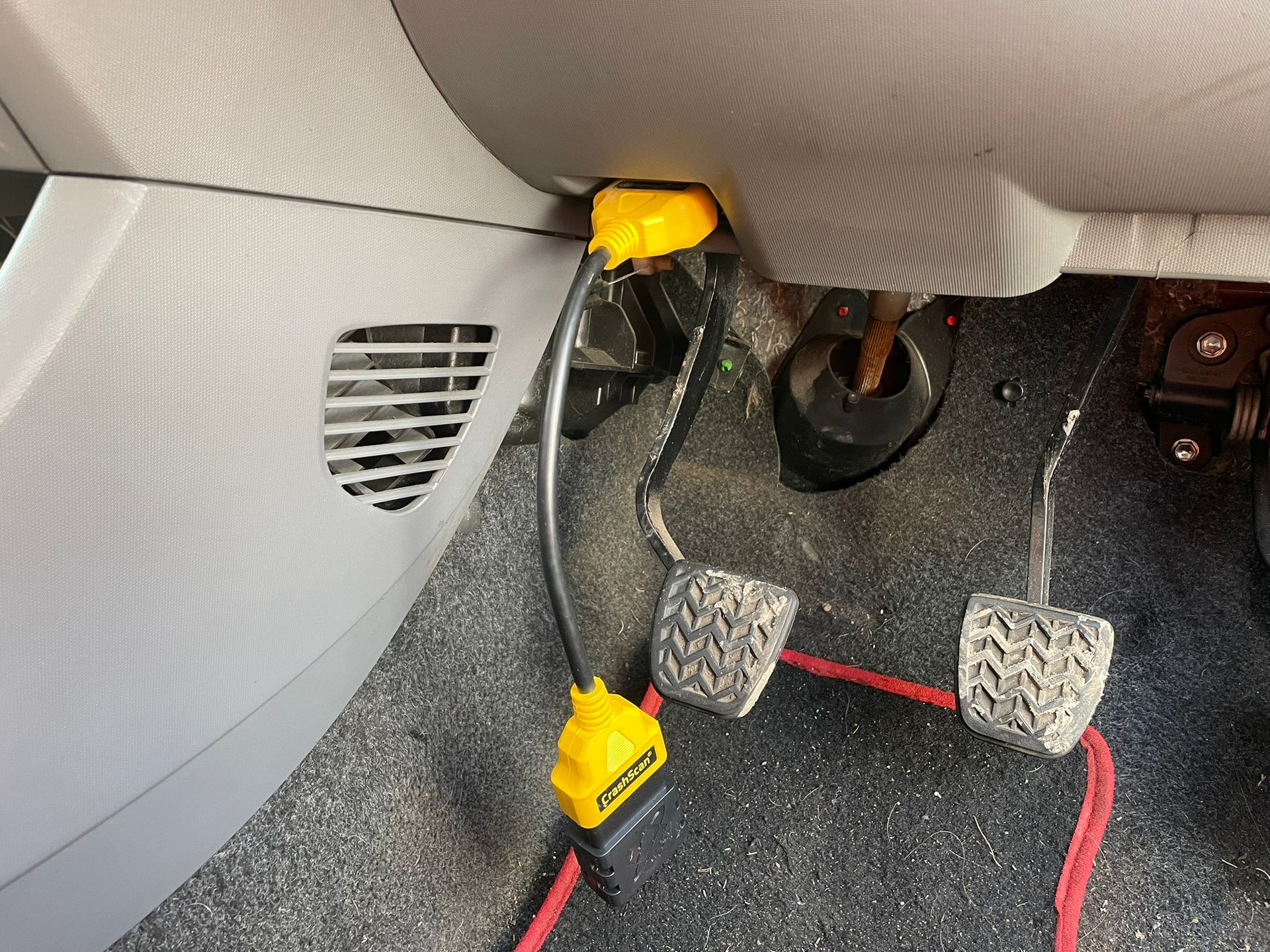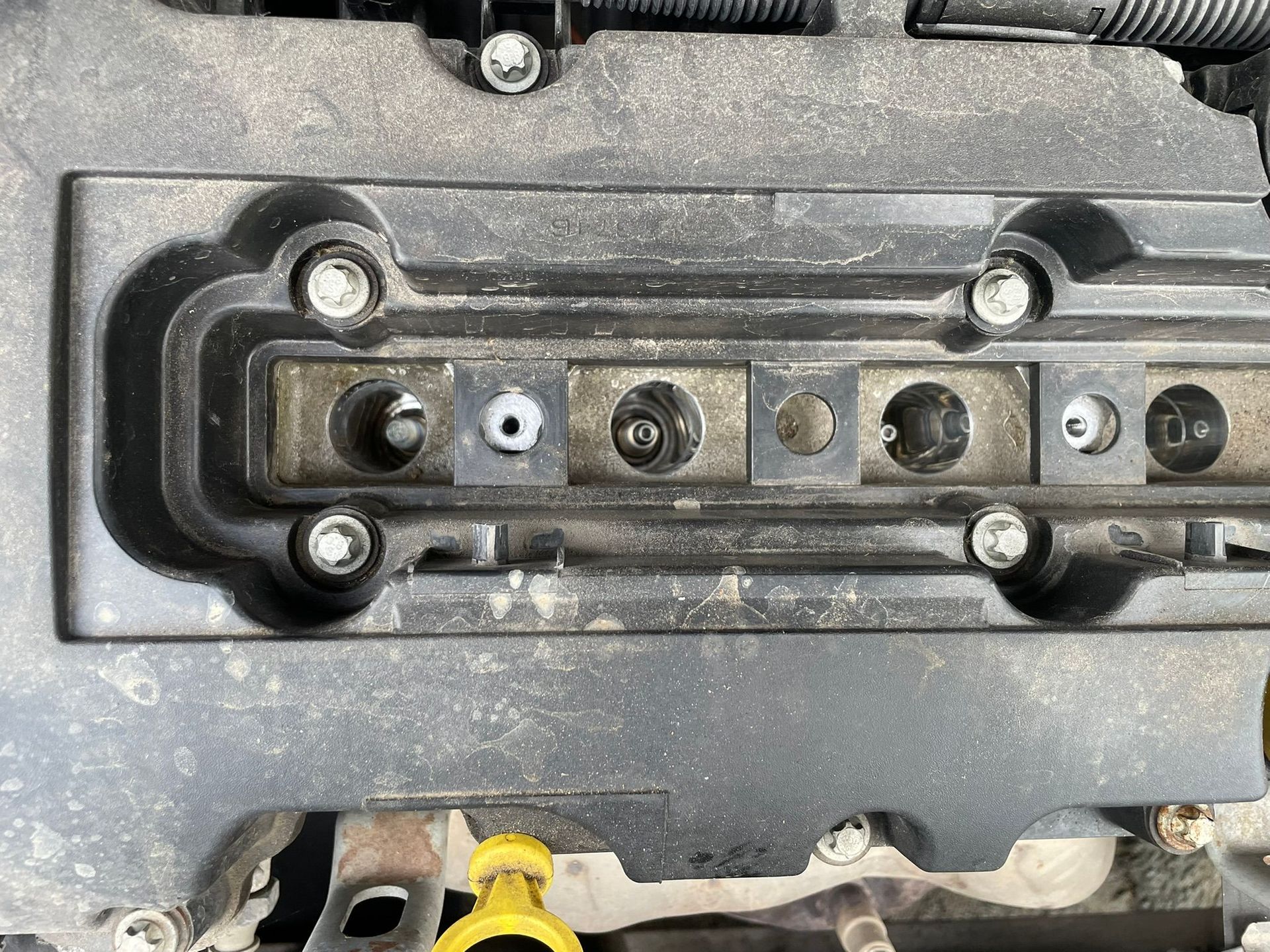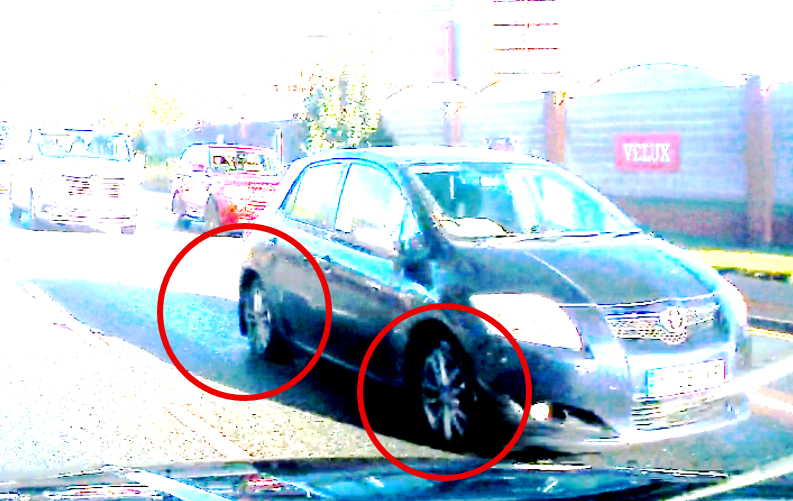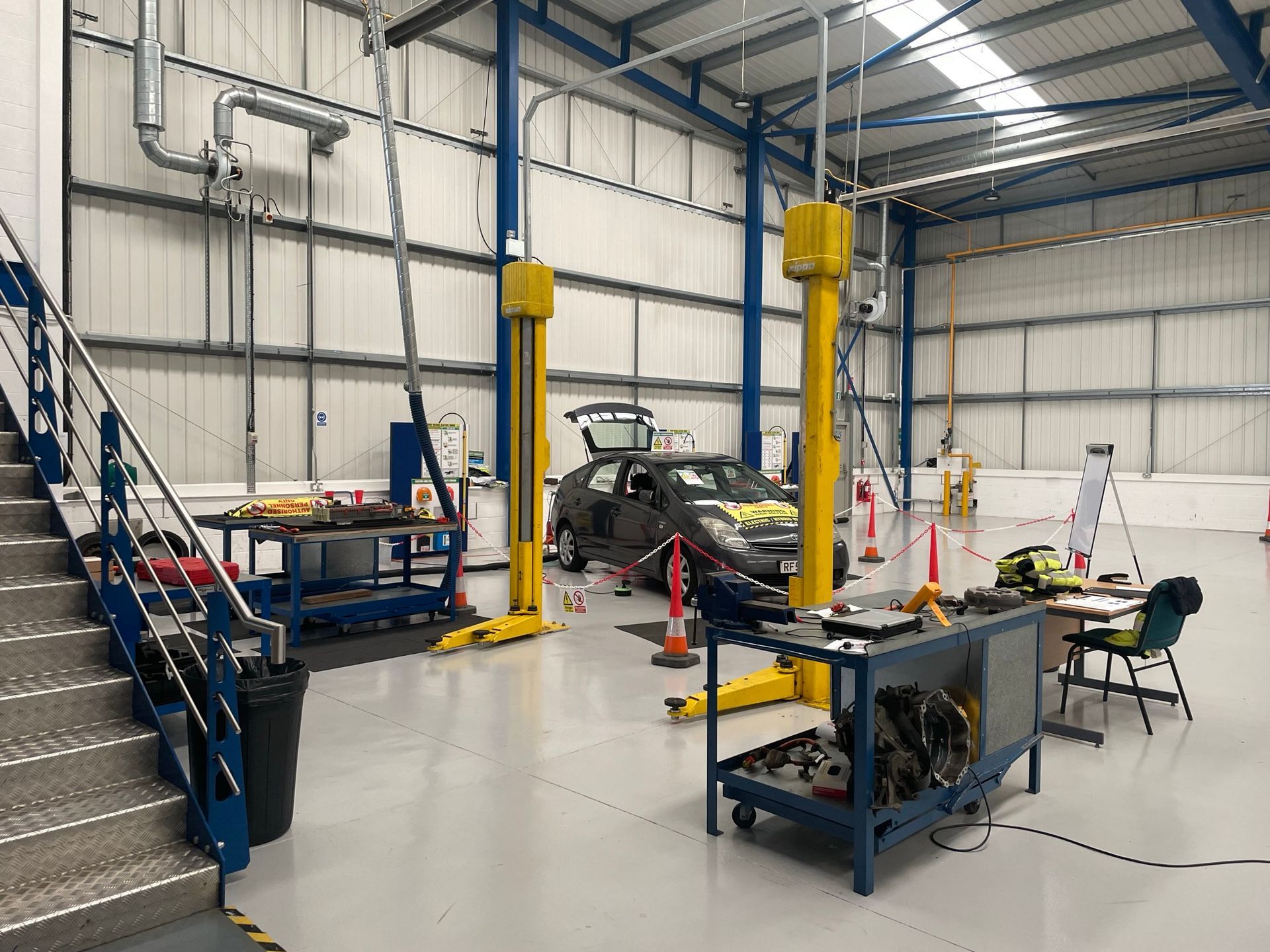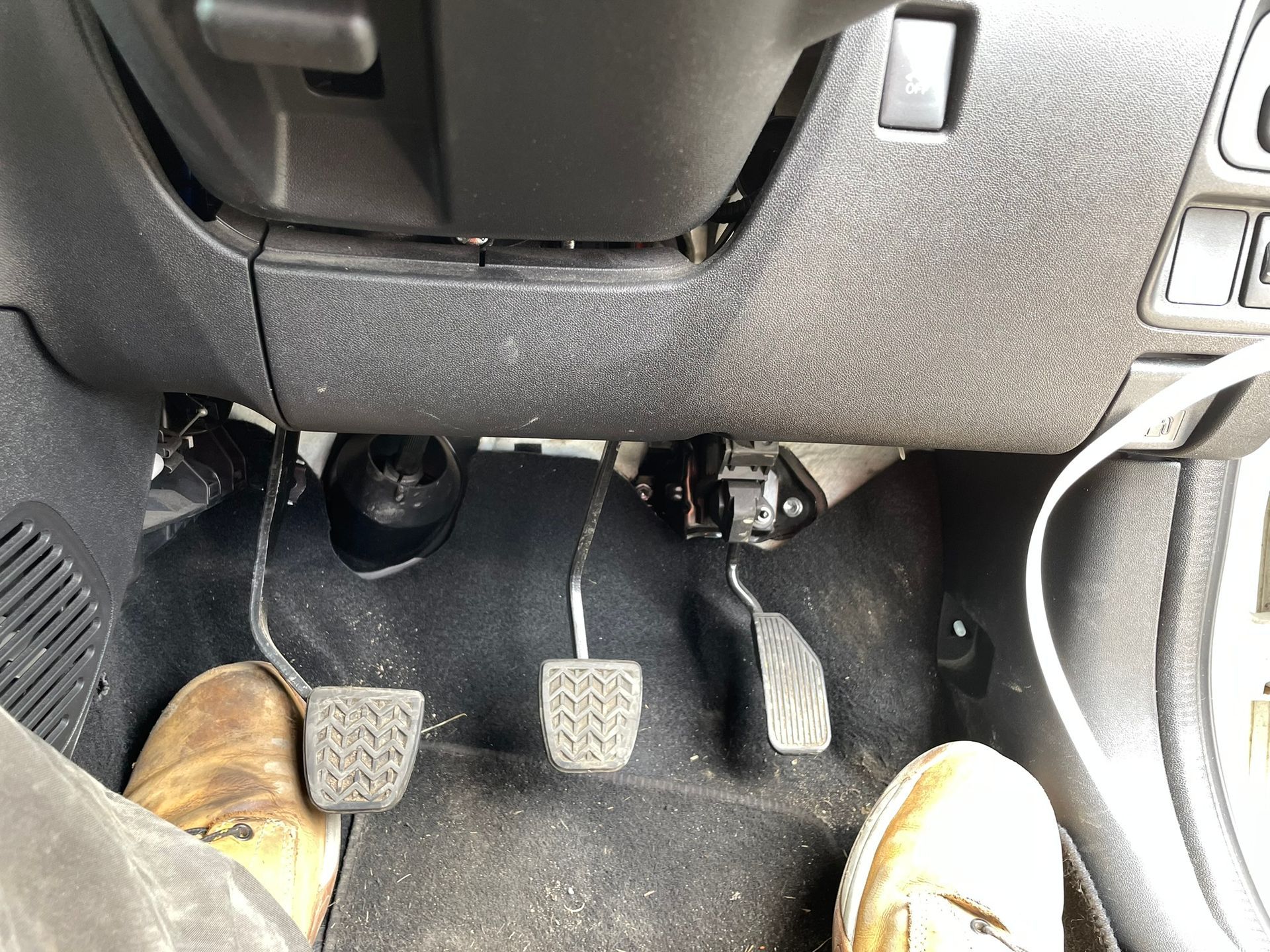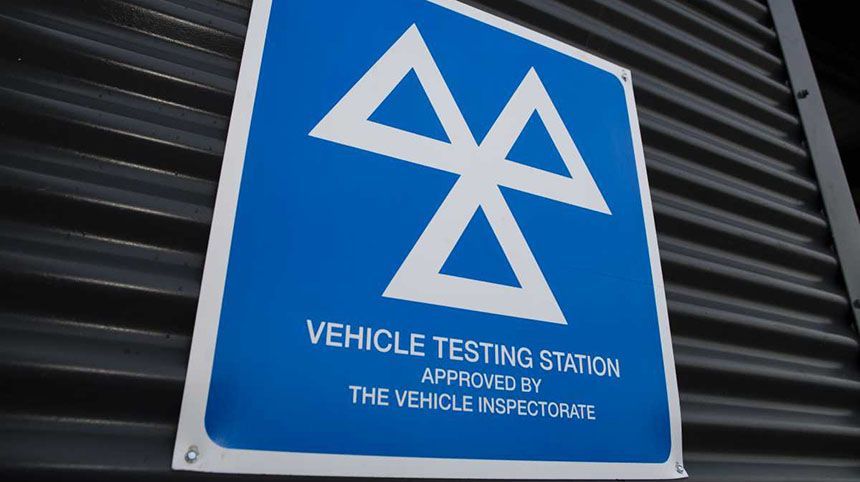Is it ever ok to guess the cause of a vehicle fault?
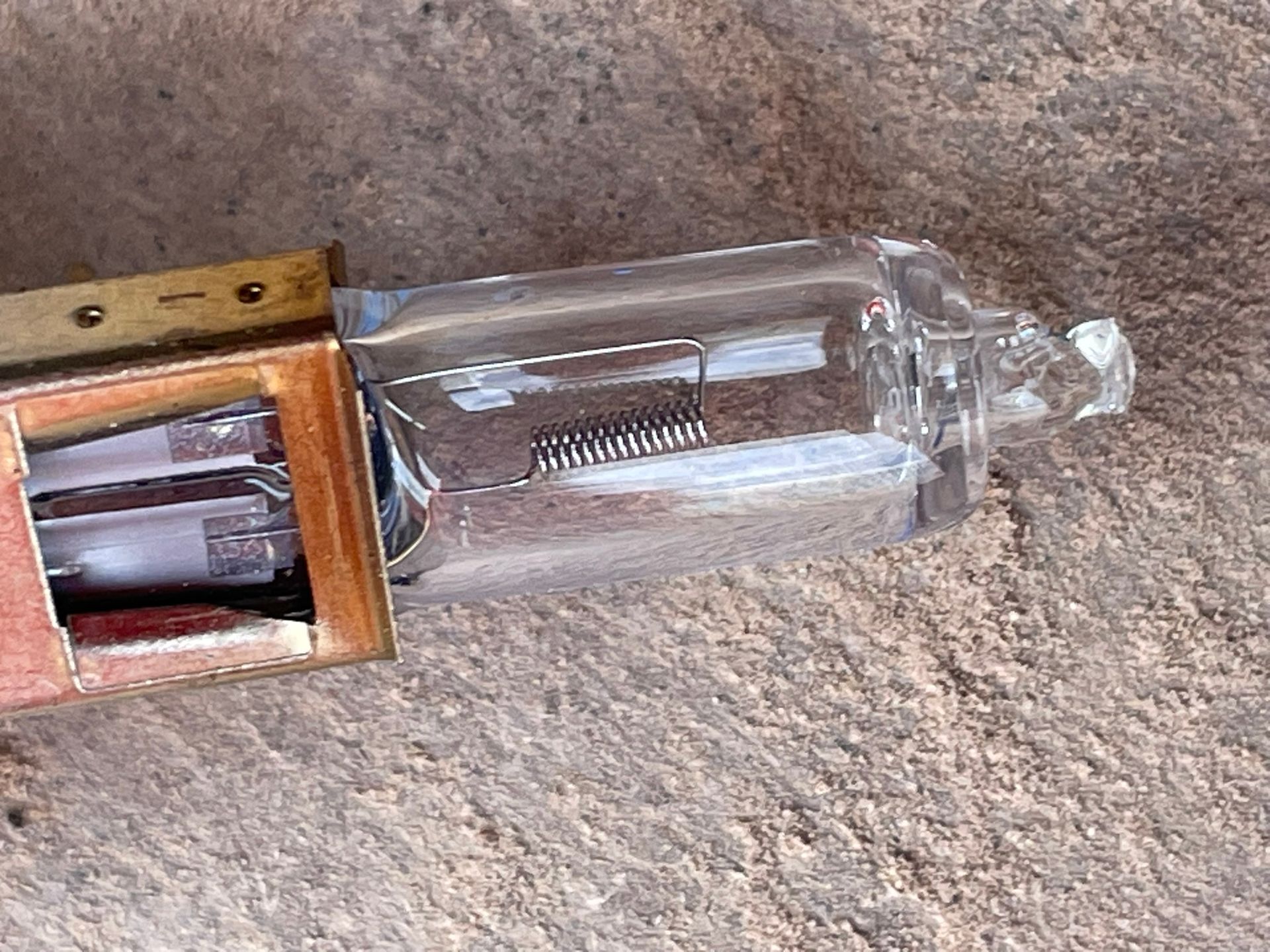
As an active MOT tester, one of the most common causes of failure I find, are number plate bulbs or side repeater indicator bulbs not working. Now, I could go check the fuses, check the wiring, check the switches and lamp holders, only to discover it was the bulb that had gone all along, or I could just quickly replace the bulb, fit a new one, then if that replacement bulb doesn’t fix it, I know I’ll have to look a bit deeper. In the vast majority of cases, swapping the bulb for a new one, works.
But is this “swap out” approach acceptable as a forensic vehicle examiner, where the evidence you provide may well end up in Court?
In some circles, there is a school of thought that you have to test every single component throughout the system with the fault, so that you can hone in on the cause of the fault. It is not wrong, and this might be controversial, because it’s not right either.
When I accept any instruction as a forensic vehicle examiner, there are a number of things I consider:
- What question is my instructing party trying to answer?
- Why is that question relevant to their case?
- What is the most effective way to determine the answer my instructing party has raised?
- Are there any other questions or areas my instructing party may wish to consider?
When I think about the questions aiming to be answered and why, I am also thinking about whether there is a more effective and/or precise what to find the same outcome. A big factor in most cases is money and the money to pay for someone like me to assist and I want to make sure that no only am I answering the questions set for me, but I am doing it in the most effective and efficient way.
I said earlier that testing every component in the system isn’t right and I’ll qualify that here. Taking our earlier example of the number plate bulb, if you replace the bulb and it works again, do you really need to test every component? And this is where the questions you are answering become relevant.
If the question is, does the number plate light work and if not, what was the defective component, you have answered those questions by replacing the bulb. However, if the question is why does the number plate light bulb keep blowing, you haven’t answered the question, you have more work to do and in that case, testing every component in the circuit might be the most effective solution.
It might be a controversial answer, but I think in some circumstances, that same approach would be acceptable for really simple tasks (such as number plate bulbs etc). That said, the tasks I get as a forensic vehicle examiner tend to be somewhat more complex and so that simple approach of swapping parts is, again in my opinion, no longer acceptable.
Going back to the original question, is it ever ok to guess the cause of a vehicle fault? To blindly guess is never ok. To use previous experience and knowledge, I would argue in the right circumstances, is acceptable provided it answers the questions that are put to you. In most cases however, I suspect with the complexity of modern cars, even a guess based on previous experience and knowledge may not be enough.
For me, it is about the question you are trying to answer, the reason for answering it, finding and executing the most effective method in accurately answering those questions and whether there are other avenues to consider.
If you ever find yourself needing a forensic vehicle examiner, Driven Forensics should be your first phone call (or email, I'm happy either way).
Phone: 0113 534 8708
Email: enquiry@drivenforensics.co.uk


